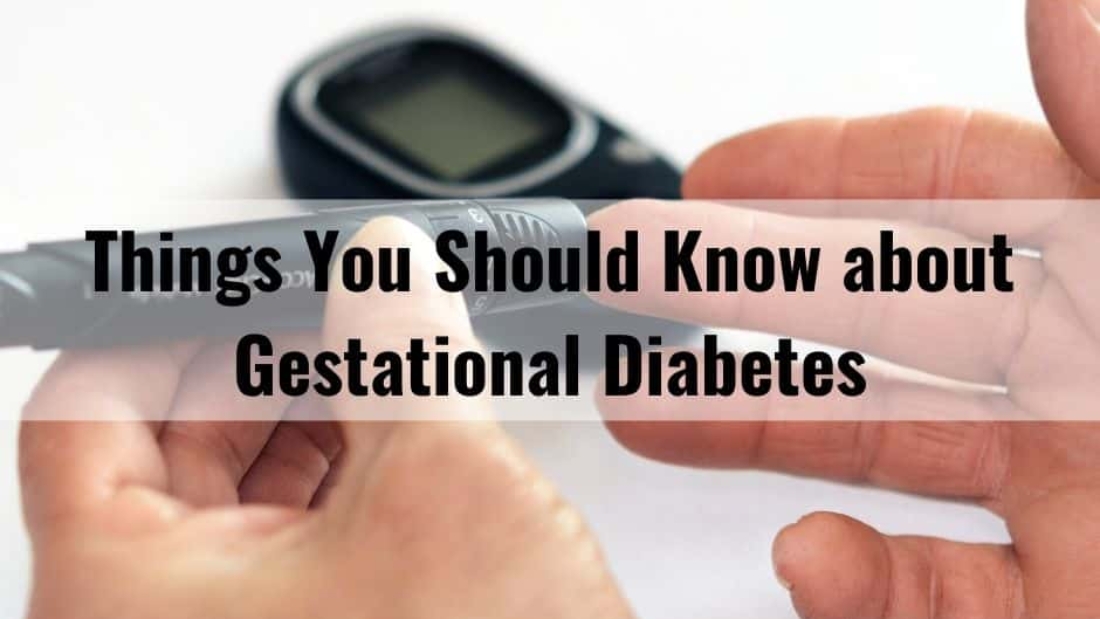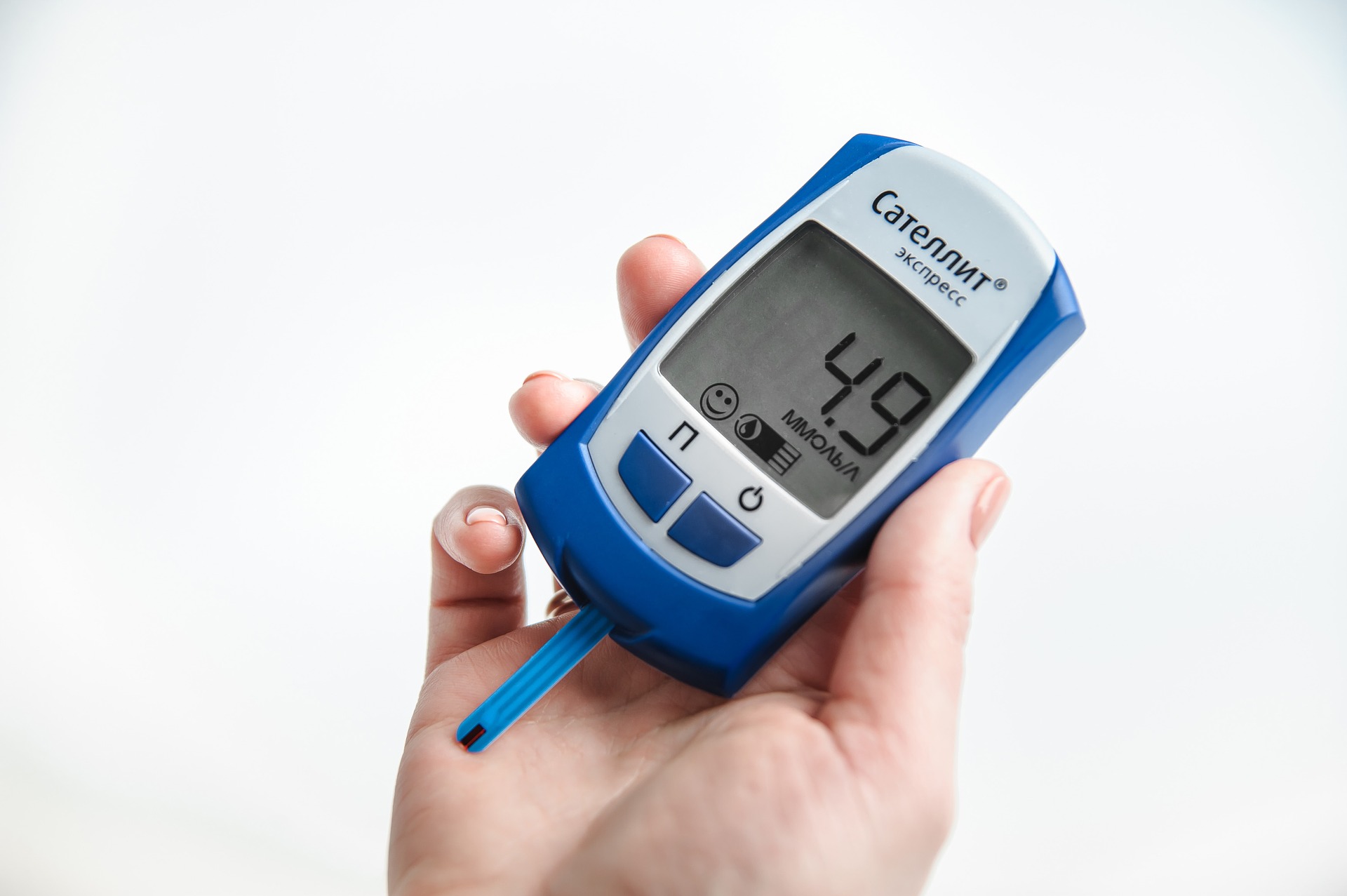Gestational Diabetes Mellitus (GDM, 妊娠期糖尿病) occurs when blood sugar levels become high during pregnancy. It means the body cannot produce enough insulin (胰岛素), a hormone made by pancreases (胰腺), an organ located behind the stomach. Without sufficient insulin, the body cannot properly use and store carbohydrate (碳水化合物 or sugar) from the foods you eat.
During pregnancy, hormonal changes and weight gain can cause the body’s cell to use insulin less effectively, a condition knowns as Insulin Resistance. This resistance increases the body’s need for insulin. If the pancreases cannot produce enough insulin to meet this increased demand, gestational diabetes can develop.
All pregnant women experience some degree of insulin resistance in late pregnancy. However, some women have insulin resistance even before pregnancy, often due to being overweight. These women start pregnancy with a higher insulin need and are more likely to develop gestational diabetes.
RISK FACTORS FOR GDM
You are more likely to have GDM if you have one or more of the following risk factors:
- Age over 35 years
- Previous pregnancy with GDM
- Previously delivery of a large baby over 4 kg or 9 lbs
- Family history with diabetes (parent, sibling with Type 2 Diabetes)
- Previous stillbirth
- Being overweight before pregnancy or gaining excessive weight during pregnancy
- Belonging to a high-risk ethnic group (e.g., Aboriginal, Hispanic, South Asian, Asian or African descent)
- Having multiple babies in this pregnancy (twins or triplets)
- Having Polycystic Ovary Syndrome (PCOS), a hormonal disorder
HOW WILL GDM AFFECT MY BABY?
If your GDM is not well controlled, high blood glucose levels can affect your baby. Your baby’s pancreas will produce extra insulin to manage this high glucose, and the excess glucose is stored as fat.
Untreated or uncontrolled GDM can lead to several issues for your baby, such as
- Being born larger than normal (macrosomia), which can complicate delivery and pose risks
- Experiencing low blood glucose (hypoglycemia) immediately after birth
- Developing breathing problems (respiratory distress syndrome)
- Facing a higher risk of dying before or shortly after birth
- Your baby may be more likely to become overweight and develop Type II Diabetes later in life
HOW WILL GDM AFFECT ME?
GDM can increase your chances of:
- Developing high blood pressure (pre-eclampsia) and protein in the urine
- Needing a C-section due to large baby
- Experiencing GDM in future pregnancies
- Having a higher risk of developing Type II Diabetes later in life
Finding out you have Gestational Diabetes can be overwhelming. As a mother-to-be, following your management plan will help ensure a healthy pregnancy.
HOW IS GDM DIAGNOSED?
Screening for GDM
Most pregnant women are screened between the 24th to 28th week of pregnancy. If you are at a high risk of GDM, your doctor may screen you earlier than 24 weeks and again later if the initial test is negative.
Tests for GDM
To determine if you have GDM, one or more of the following tests may be conducted:
(A) Screening Test for GDM
A 1-hour blood sugar measurement after consuming a 50-gram carbohydrate drink, done at ANY TIME of day.
- If your blood sugar is less than 7.8 mmol/L, you DO NOT have GDM and no further testing is required.
- If your blood sugar is over 11.1 mmol/L, GDM is diagnosed and treatment is needed.
- If your blood sugar is between 7.8 and11 mmol/L, your MAY have GDM and will need a 75-gram Oral Glucose Tolerance Test (OGTT 75 g).
(B) 75-gram OGTT
This test measures fasting blood sugar after 10 hours of fasting. Blood sugar is tested again 1 and 2 hours after a 75-gram carbohydrate drink.
There are 2 possible results:
1. GDM Diagnosis: if two or more of the following values are are met or exceeded:
- Fasting blood sugar over 5.3 mmol/L
- 1-hour blood sugar over 10.6 mmol/L
- 2-hour blood sugar over 9 mmol/L
2. Impaired Glucose Tolerance: if one value is met or exceeded.
If diagnosed with either conditions, a management plan is essential to ensure a healthy pregnancy.
MANAGEMENT PLAN
Blood Sugar Target
You’ll meet with a team of dietitians, nurses, and doctor to discuss your management plan. You blood sugar targets are:
- Fasting blood sugar (before breakfast): less than 5.3 mmol/L
- 1 hour after meals: less than 7.8 mmol/L
- 2 hour after meals: less than 6.7 mmol/L
Nutrition Management
- Eat 3 meals and 3 snacks daily
- Spread carbohydrates throughout the day
- Limit foods and drinks with added sugar
- Choose higher-fibre foods more often
- Include protein-rich foods in each meal and evening snack
- Ensure adequate calcium and vitamin D intake daily
- Take multivitamin every day
- Use sugar substitutes sparingly
Lifestyle Management
- Aim for healthy weight gain
- Be active every day



Leave A Comment